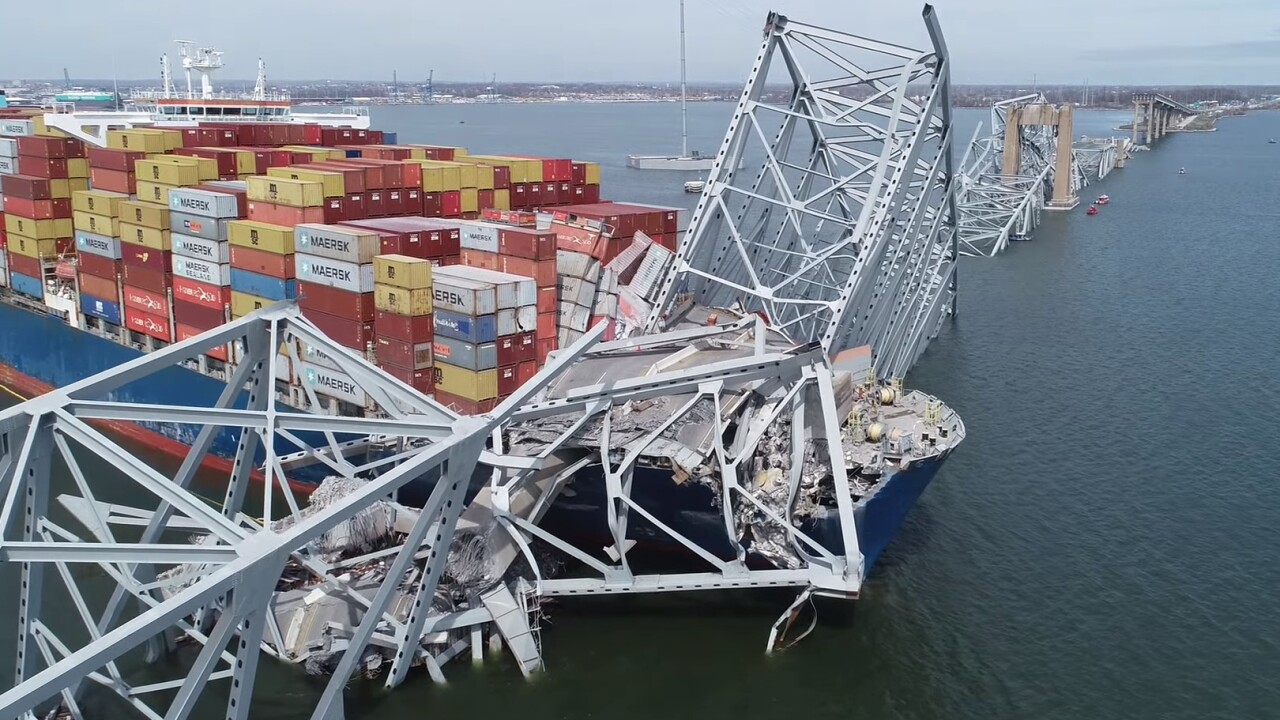The largest U.S. Virgin Islands private sector employer announced Monday it would close its operations indefinitely.
Limetree Bay Energy had recently restarted oil refining at the southern end of St. Croix, but in mid-May the U.S. Environment Protection Agency
“Since the temporary suspension of its petroleum refining and processing operations on May 12, 2021, Limetree Bay has been working to obtain capital to assist in its restart efforts,” Limetree said Monday. “Regrettably, the company has been unable to secure the necessary funding and will be required to reduce the refinery’s workforce by approximately 271 employees, effective Sept. 19, 2021.”

The layoff of 271 employees will be in addition to 300 who were let go last week and an unknown number who were released after the EPA action in May.
"This will have an immense negative impact on the economy," said University of the Virgin Islands Professor of Political Science and History Malik Sekou. Sekou said the closure could withdraw $40 million, $80 million, or more of wages from the St. Croix economy. Since Limetree has been gearing up the site there has been a "mini-boom" in St. Croix's economy. The workers rented houses and rooms from island residents, they ate at island restaurants, and bought at island groceries.
"For those who watched it, [the closure] is not surprising," Sekou said. The refinery was closed in 2012 because of its environmental effects. Limetree went ahead with the Trump Administration's lax approach to environmental enforcement. The Biden Administration is more attentive to envirnomental concerns, he said.
“The payments in lieu of taxes payments received from the refinery are a significant source of revenue for the government," Moody’s Investors Service Assistant Vice President Pisei Chea said. "But the refinery is not a large source of jobs. Most of the people who work at the refinery come from off island.”
Limetree’s agreements with the local government required it to make initial upfront cash and property transfers to the government. While Limetree was exempt from property, income, and local taxes, when the oil refinery opened Limetree was required to pay a fee of 17.5% of income to the local government.
The 2012 closure of the refinery pushed the islands into an economic decline that lasted through 2016. Its closing was a major trigger for the islands’ economic and government revenue problems over the last 10 years. When another company closed the refinery in 2012, it led to 2,000 layoffs. The islands' current population is about 106,000.
Limetree originally planned for refining to commence in late 2019 or early 2020. Instead, it started this February. According to Reuters, Limetree spent more than $1 billion beyond its budget for restarting refining.
In mid-May, the EPA said “since February of this year, the refinery has experienced multiple major mishaps resulting in significant air pollutant and oil releases.” Because of these in mid-May it ordered the temporary shutdown of oil refining.
Limetree said the shutdown of the oil refinery will not affect operations of the oil storage terminal at the site. It owns a facility with 32 million barrels of crude oil and petroleum product storage capacity, a deep-water port, and refinery units with total peak processing capacity of 650,000 barrels per day.
Moody’s rates the U.S. Virgin Islands government Caa3 with a stable outlook. Excluding the debt of the U.S. Virgin Islands Water and Power Authority, the U.S. Virgin Islands has about $2.11 billion of bond debt.

On June 12, Inside Climate News reported that Limetree had not made loan payments for a year and was near bankruptcy.
"The biggest challenge to the U.S. Virgin Islands government is to create a new economic model," Sekou said. The government set up a model in the 1960s and have been generally following it since then. Oil refining will probably not be coming back to St. Croix, he said.
U.S. Virgin Islands Gov. Gov. Albert Bryan Jr. did not immediately respond to a request for comment.





